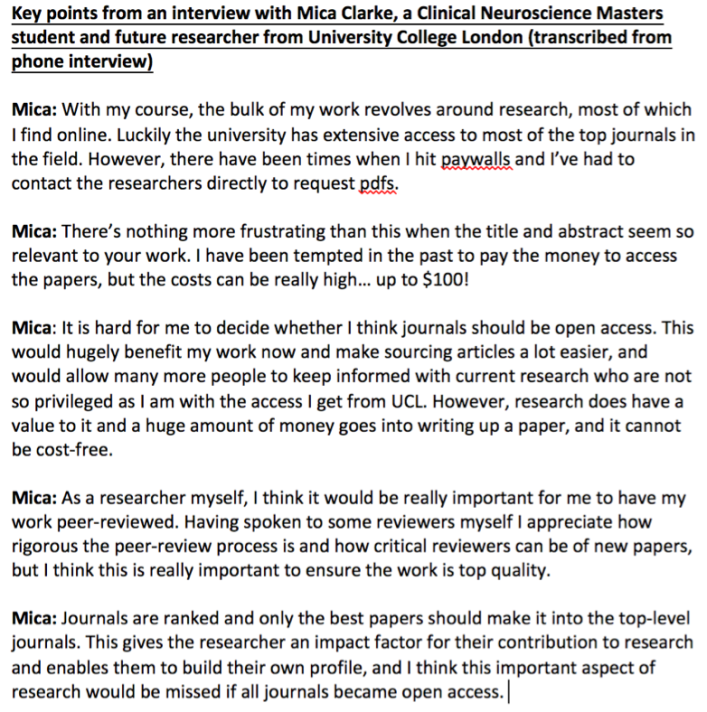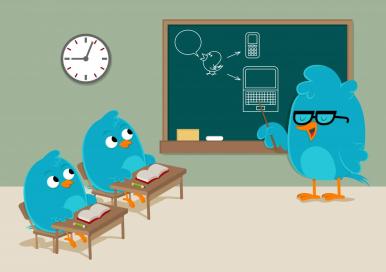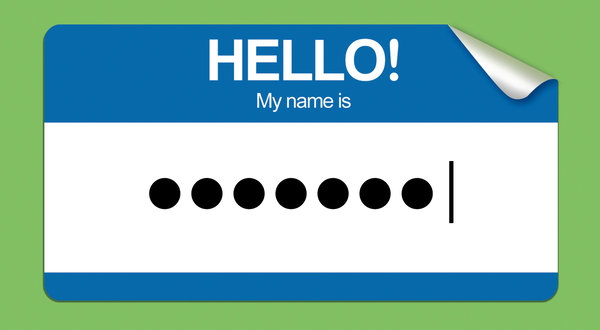
Good Bye #UOSM2033! A Final Reflection
Well here it is – the end! These ten weeks of UOSM2033 have flown by and I can’t believe I’m sitting writing my final blog post for the module. It’s been different to anything I’ve studied during my four years as a student but it’s enriched me in a way that I will really be able to apply to my future (hopefully employed…) life.
In terms of developing my online profile, I started a LinkedIn.
Continue reading →










